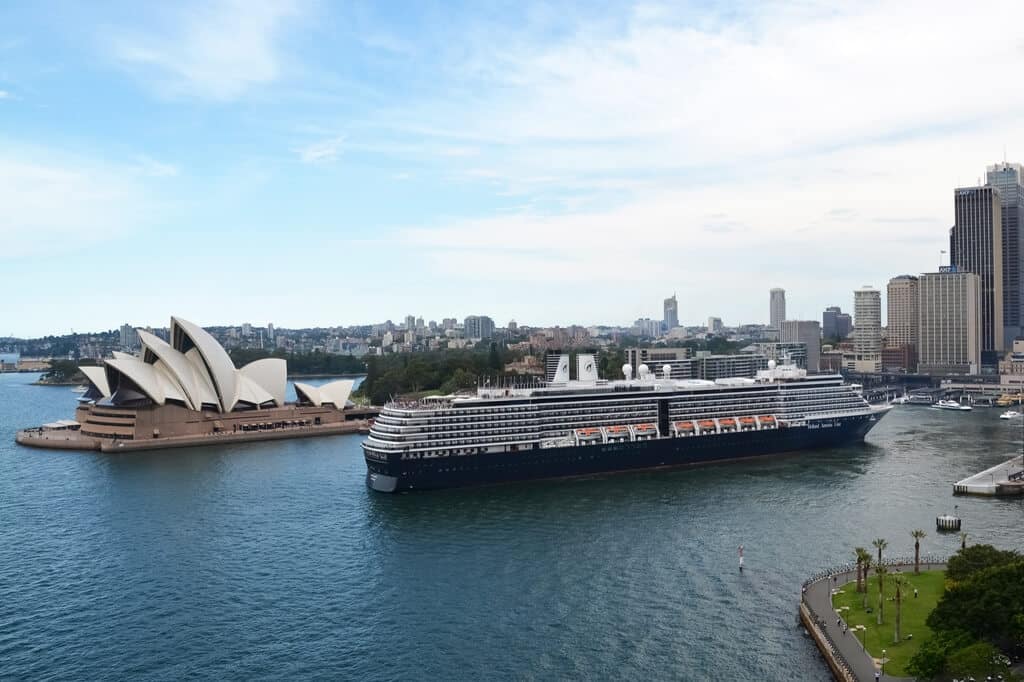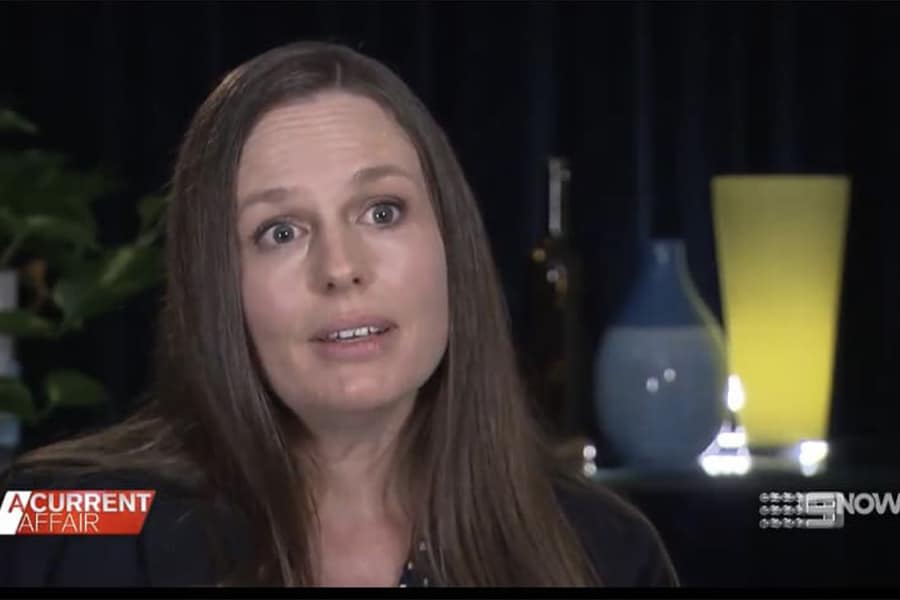Now that Australians can fly internationally once again, the focus is on when the cruise ban will be lifted.
Given that Australians are able to fly overseas and cruise where Australian authorities have no control over health protocols, pressure is on the Federal and State governments to allow Australians to cruise in domestic waters.
There is much speculation over when the cruise ban will be lifted. However, the answer is not simple and there are a number of legal issues that have to be resolved before foreign flagged ships can return to our shores.
1. Cruise ban won’t be lifted by ending Biosecurity Act Emergency Period
As most Australian cruise fans know, foreign flagged cruise ships have been banned from entering Australian waters since March 2020.
The legislation preventing foreign cruise ships from sailing in our waters is the Biosecurity (Human Biosecurity Emergency) (Human Coronavirus with Pandemic Potential) Variation (Extension No. 3) Instrument 2021. Under this legislation, the Federal Health Minister has declared an emergency period by using the powers granted to him by the Biosecurity Act 2015.
One of the most notable public health restrictions during the emergency period is the ban on foreign cruise ships in Australian waters.
The emergency period has been periodically extended every 3 months. The current period is due to expire on 17 December 2021.
Given that the international air border is now open, there has been speculation that if the emergency biosecurity period is not extended this will mean that the cruise ban will be lifted by Christmas. However, this is not the case.
The biosecurity emergency period is just one of the legal factors in the cruise ban, as I have explained further below.
2. States and Territories to give green light for cruise ban to be lifted
Once the Federal Government has ended the biosecurity emergency period, it will be up to the individual States and Territories to approve how and when foreign flagged ships can operate in their ports.
States and Territories have control over public health and are able to legislate as they see fit with public health orders, which Australians quickly became familiar with at the start of the pandemic. Whilst restrictions have eased considerably across Australia, public health orders are still in place.
For example, although New South Wales has allowed quarantine free international air travel for vaccinated travellers since 1 November 2021, there is still a public health order in place requiring quarantine of maritime arrivals (Public Health (COVID-19 Maritime Quarantine) Order (No 3) 2021).
Individual States and Territories’ powers also go beyond the issue of quarantine. When it comes to cruise ships, they will determine what health protocols will be in place for example regarding capacity, social distancing, face masks, testing, and dealing with positive cases on board.
As public health orders currently stand, no State or Territory is in a position to resume cruising. This is why a ‘double green light’ (Heath Minister Greg Hunt, 14 November 2021) is required between the Federal Government and a State / Territory if the cruise ban will be lifted.
3. What about the crew?
Under Australia’s Four Phrase National Plan, international borders will only open in Phase D. Even then, quarantine will be required for ‘high risk inbound travel’.
Currently maritime crew on cruise ships are not exempt from travel restrictions. They therefore require an individual exemption from the Australian Border Force Commissioner to enter Australia.
In May 2021 it was reported by Cruise Passenger that Australian Border Force declined requests for travel exemptions made by APT for foreign employees to crew the vessel Caledonian Sky. APT therefore had to recruit Australians for the roles on the small ship which, with just 99 passengers and crew, is not subject to the cruise ban.
Whilst crewing a small vessel with Australians may be possible, it is not feasible for large cruise ships to operate without foreign crew. The easing of travel restrictions for crew is therefore also required before the cruise ban will be lifted.
4. Repositioning of ships
Finally, whilst not a legal issue, a stark practical consideration is the time taken to reposition cruise ships.
Unlike the aviation industry who are able to relocate aircraft at short notice, the cruise industry faces the issue of how long it will take to reposition ships to Australia once the cruise ban is lifted.
As cruise fans will know, ships intended to be in Australia for the 2021-22 summer season have been cruising in Europe, Asia and North America where restrictions eased months ago.
Cruise Lines International Australia have made it clear that there will be an 8 – 12 week lead time for vessels to be ready once there is an announcement that the cruise ban will be lifted. Practically speaking, cruising will therefore be more likely at Easter than Christmas.
A bit about me
As an avid traveller myself, I understand the frustration that the travel restrictions and cruise ban are causing. Based in Sydney, the harbour looks empty without the majestic ships that I used to take for granted. I like so many can’t wait to book an Australian cruise!
Knowing that a holiday or cruise is worth so much more than the dollars spent on the ticket, my passion is assisting travellers when their trips are disrupted by injury.
I have sadly seen too many cruise holidays ruined by accidents and injury. I therefore truly wish you safe waters when you are finally able to cruise again, and hope that you never need to contact a cruise accident lawyer like me.
However, if you are injured on a cruise holiday, please get in touch. I have a proven track record of successful cruise ship accident compensation claims. If you are injured on board or on an excursion you can contact me and I can advise you on what steps to take before you come home.
Finally – don’t forget to download my free Cruise Ship Accident Checklist for essential practical tips just in case you or someone you know is injured on your next cruise.
This article does not comprise legal advice and neither Victory Travel & Cruise Lawyers nor the author accepts any responsibility for it. For advice on your specific circumstances, book an appointment with a lawyer.


